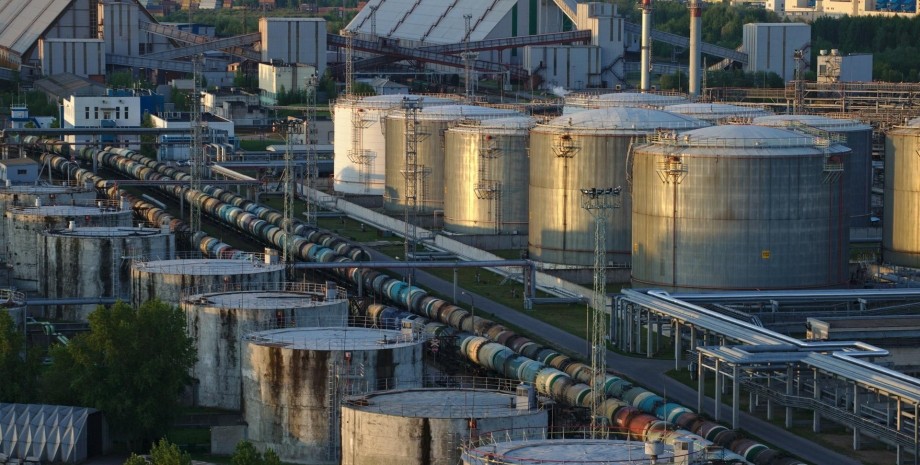
This aircraft was shot down over the private St. Petersburg oil terminal, not harming it, according to the Russian authorities. Another attack caused a fire that stopped the gas condensate plant of PJSC "Novatek" at the port of Ust-Lugu, which supplied fuel for the Russian army. The plant is also located near some of the most important Russian oil export terminals.
Sergey Vakulenko, a specialist in the oil market, explained that regular attacks or heavy drones can disrupt the Baltic ports and lead to a reduction in exports. According to him, if this happens, "Russia will not have much viable alternatives. " Keeping the stability of Russian oil exports is crucial to the Kremlin, which receives about 30% of total budget revenues from the country's energy industry.
The flow of oil dollars helps to finance the war in Ukraine, which has been going on for the third year, as well as to provide funds for domestic expenses on the eve of the presidential election in March. Serious disruptions in exports from the Baltic countries are also felt world. Russia is among the three largest oil producers and last year was the largest supplier to China.
The West has not wanted to see Russian oil on the world market for a long time because of its influence, which is on prices. "Baltic export stop would be a serious shock," said Viktor Kurilov, a senior oil markets analyst by Rystad Energy A/S consulting company. According to KPler's analytical company, these facilities account for more than 75% of Russian oil of the Urals brand, the main export mixture that is supplied to dozens of countries.
According to analysts, in the event of an attack for national producers, it will be almost impossible to redirect the flow of such volume into any other port. Ukrainian drones on the night of January 18 attacked the oil depot, which is located in the territory in the Leningrad region of Russia. It is the largest terminal for transshipment of petroleum products in the Baltic region, its capacity - up to 12. 5 million tons per year.










All rights reserved IN-Ukraine.info - 2022